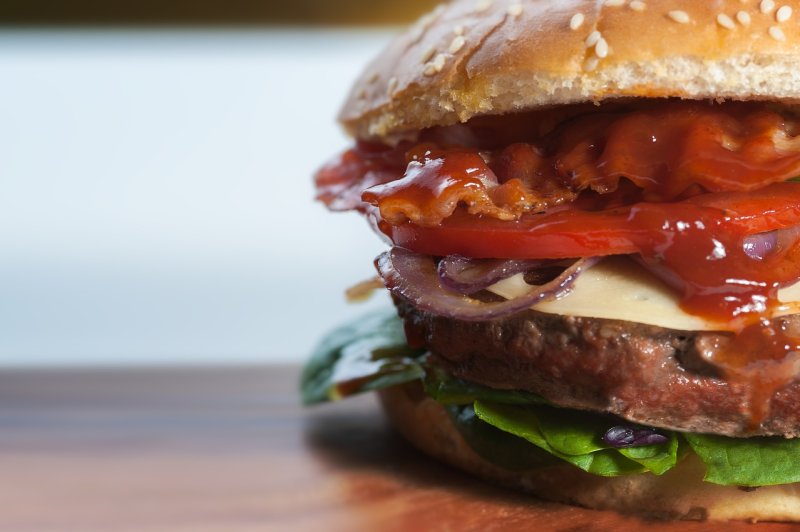People who ate a diet of ultra-processed foods consumed more calories and put on more weight compared to those who ate a diet of minimally processed foods. File Photo by Pexels/Pixabay
May 16 (UPI) -- Eating processed foods may give a person cravings to eat more food, a new study says.
People who ate a diet of ultra-processed foods consumed more calories and put on more weight compared to those who ate a diet of minimally processed foods, according to a study published Thursday in Cell Metabolism.
"This is the first study to demonstrate causality -- that ultra-processed foods cause people to eat too many calories and gain weight," said Kevin D. Hall, a senior investigator at National Institute of Diabetes and Digestive and Kidney Diseases and study lead author, in a news release.
Researchers from the National Institutes of Health's NIDDK gave meals to a group of men and women that consisted of ultra-processed and minimally processed foods. Ultra-processed foods contained ingredients like hydrogenated oils, emulsifiers, high-fructose corn syrup and flavoring chemicals.
Examples of ultra-processed foods included turkey bacon and bagels with cream cheese and unprocessed foods included bananas, oatmeal and skim milk. Meals from each food contained the same amount of calories, carbohydrates, fat, fiber and sugar.
"We need to figure out what specific aspect of the ultra-processed foods affected people's eating behavior and led them to gain weight," Hall said. "The next step is to design similar studies with a reformulated ultra-processed diet to see if the changes can make the diet effect on calorie intake and body weight disappear."
The study subjects could eat as much or as little as they wanted.
The researchers suspect the difference in protein in ultra-processed and minimally processed foods, while slight, may have accounted for half the calorie intake.
"We have to be mindful that it takes more time and more money to prepare less-processed foods," Hall said. "Just telling people to eat healthier may not be effective for some people without improved access to healthy foods."
People who ate a diet of ultra-processed foods consumed more calories and put on more weight compared to those who ate a diet of minimally processed foods.















